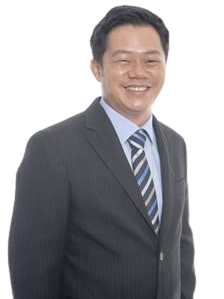
John Jia En Chua, PhD
- Assistant Professor, Department of Physiology, Yong Loo Lin School of Medicine, National University of Singapore
John Jia En Chua is an Assistant Professor in the Department of Physiology, Yong Loo Lin School of Medicine at the National University of Singapore. He is also a Joint Principal Investigator at the Institute for Molecular and Cell Biology.
John’s research focuses on mechanisms involved in neural circuit formation and dysfunction. His group combines cellular, biochemical, -omics and imaging methods approaches to uncover genes and regulatory pathways involved in these processes. His group also employs human PSC-derived neurons, brain organoids and gene-editing technologies to model human neurodevelopmental disorders. His work has contributed to the first high quality characterisation of the presynaptic active zone proteome to define the composition of presynaptic docking complexes in excitatory and inhibitory synapses. His group has also uncovered a major synaptic transport pathway that plays critical roles in synapse formation during neural circuit development and is of relevance to Jacobsen syndrome and schizophrenia. Disruption of this transport pathway also contributes to the breakdown and loss of synapses in Alzheimer’s disease. More recently, his group has identified a new Alzheimer’s disease biomarker that is elevated at the asymptomatic phase and contributes to early neuropathology during Alzheimer’s disease progression.
John is a member of the Synaptic Gene Ontologies and annotations (SynGO) consortium, a collaboration between leading international experts on the synapse that has helped to generate a world-wide acceptable format for synapse ontology and annotation. His other research interests include identification of new protein interactions contributing to synaptic function.
John received his B.Sc. (Hons 2nd Upper) and M.Sc from the National University of Singapore, and Ph.D. from the University of Hamburg (University Medical Center Hamburg-Eppendorf). He completed his postdoctoral training with Prof Reinhard Jahn at the Max Planck Institute for Biophysical Chemistry. He was placed on the Dean’s List and Vice-Chancellor’s List (Talent Development Programme) and received a Max Planck Society Postdoctoral stipend.
